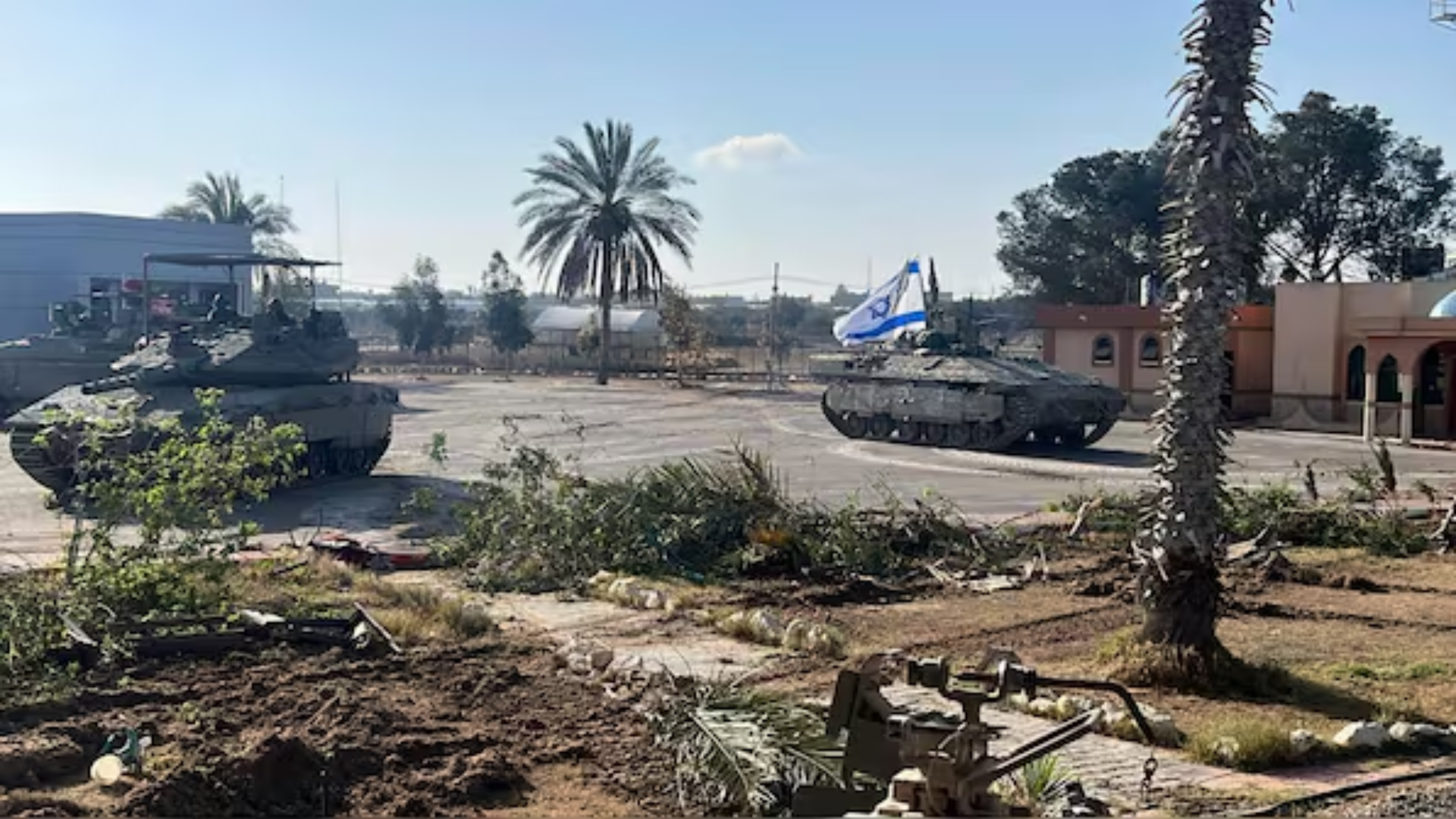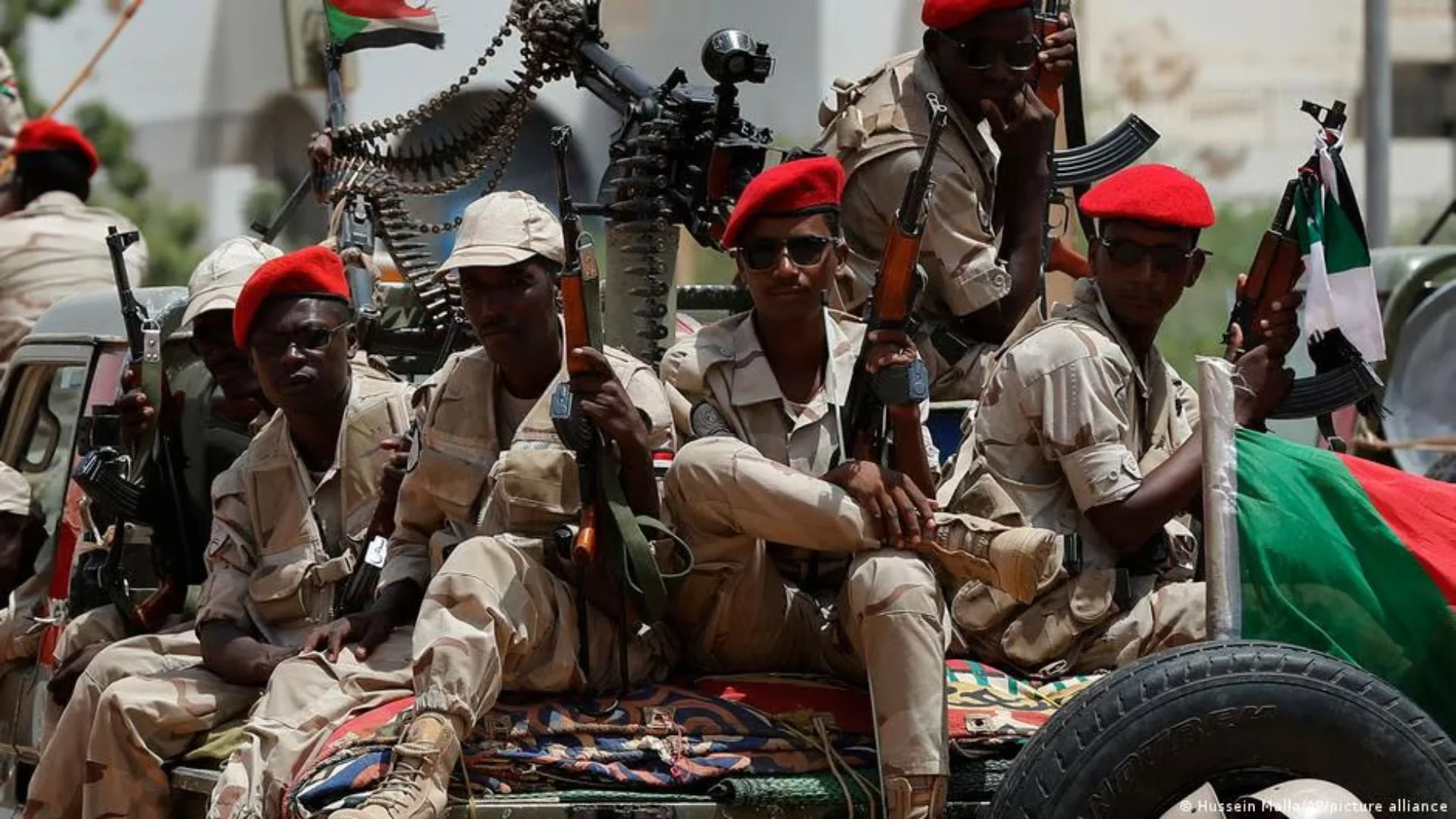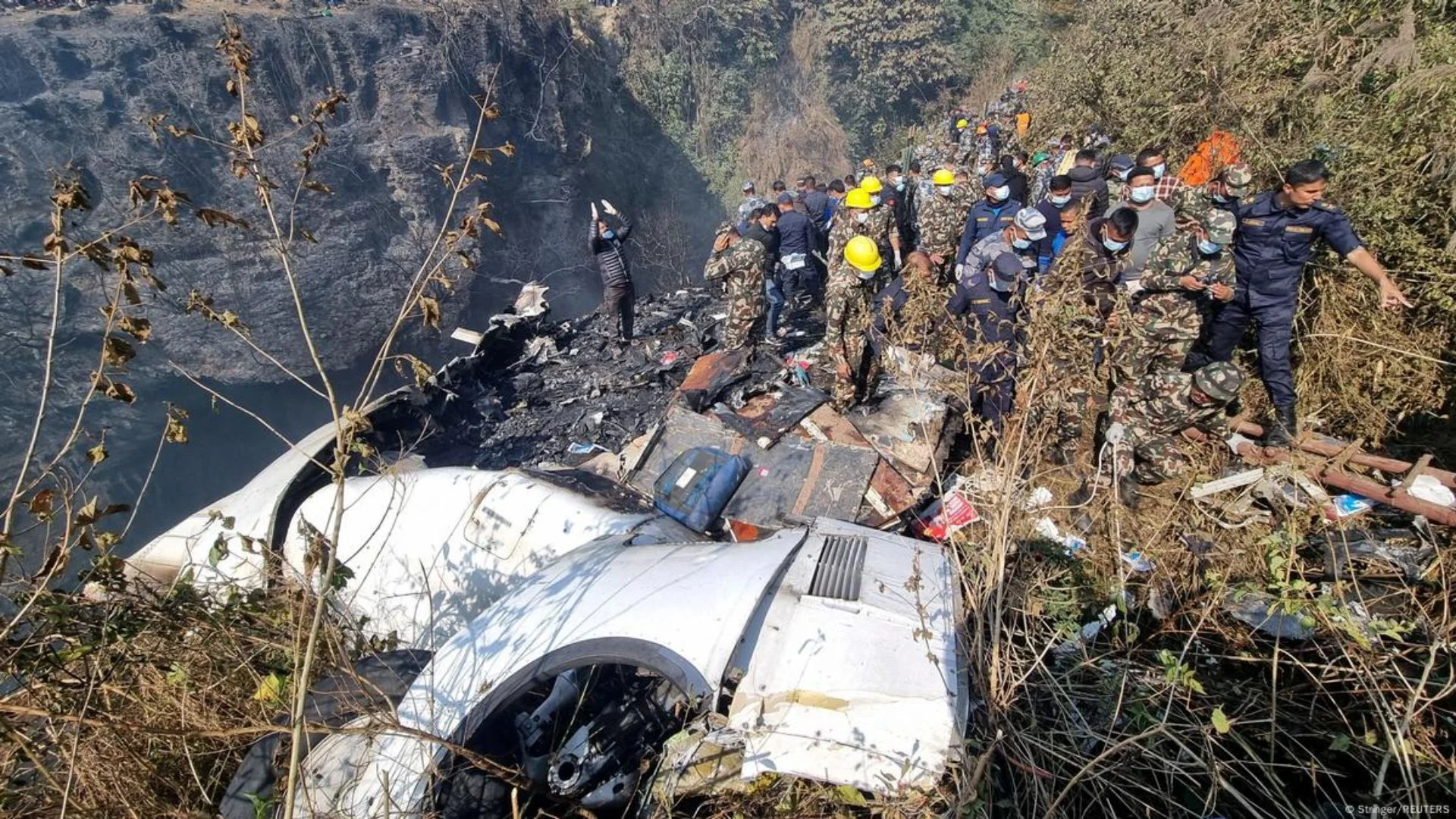Israeli military sources reported on Tuesday that an Israeli tank brigade had taken control of the Gaza Strip side of the Rafah border crossing with Egypt. This move comes as part of an ongoing offensive in the southern city, despite fragile cease-fire negotiations with Hamas.
The situation has seen significant diplomatic and military activity, with Hamas initially accepting a cease-fire proposal mediated by Egypt and Qatar. However, Israel rejected the proposal, stating it did not meet its core demands.
The Rafah border, a crucial entry and exit point for aid and people into and out of Gaza is now under Israeli “operational control.” The Israeli military claims the seizure was due to intelligence indicating the crossing was used for “terrorist purposes.”
The military’s action follows a mortar attack near the Kerem Shalom Crossing that killed four Israeli troops and injured others, allegedly launched from the vicinity of Rafah. Israeli ground troops and airstrikes targeted suspected Hamas positions in the area.
Wael Abu Omar, a spokesperson for the Palestinian Crossings Authority, confirmed the seizure of the crossing and its closure, citing ongoing strikes in the vicinity.
Egypt, a key player in mediating peace talks, has not commented on the Israeli seizure. However, Egyptian officials have previously expressed concerns about potential Palestinian refugees fleeing into Egypt, which could impact regional security agreements.
The offensive heightens the risk of a full-scale Israeli assault on Rafah, a move strongly opposed by the United States and humanitarian organizations due to its potential humanitarian impact on the densely populated area.
Cease-fire negotiations have been ongoing, with proposals including a phased approach involving limited hostage releases and partial Israeli troop withdrawals, leading to a “permanent calm” and broader withdrawals from Gaza. Hamas seeks guarantees for a complete end to the conflict and Israeli withdrawal in exchange for hostage releases.
Israeli leaders have maintained their stance against negotiating with Hamas, vowing to continue their operations until Hamas is dismantled following its attack on Israel in October.







